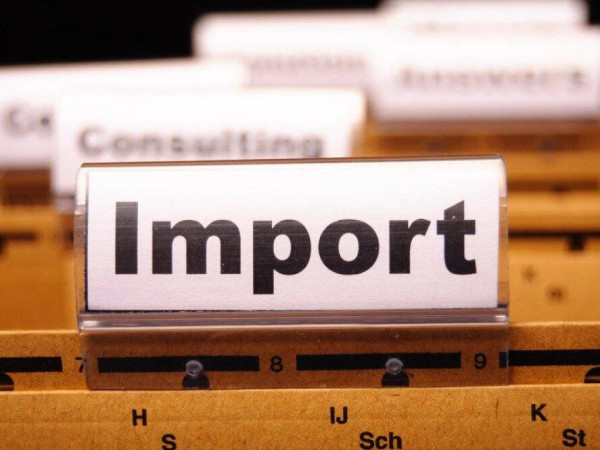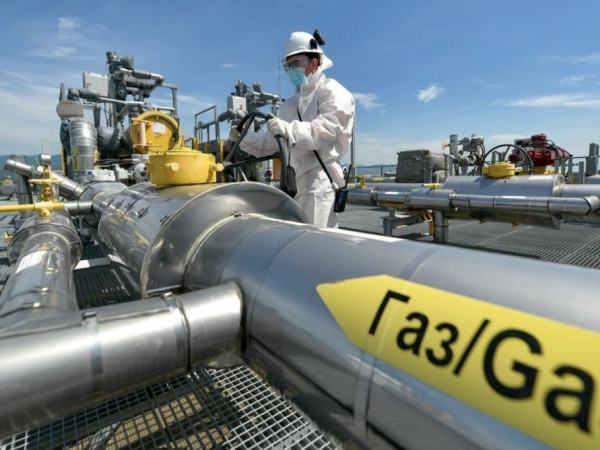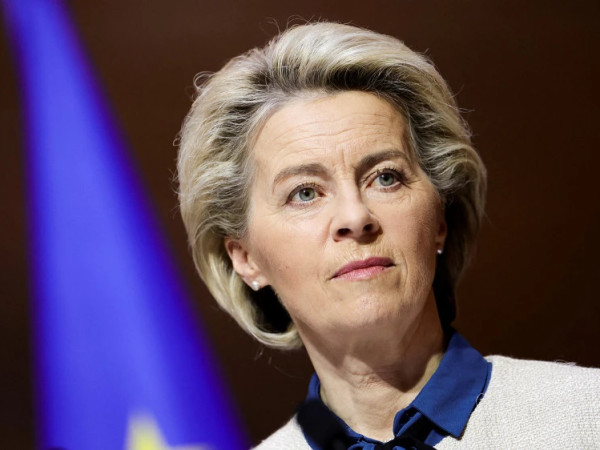After weeks of failing to divide Europe over his war in Ukraine, Vladimir Putin enjoyed two small diplomatic victories this weekend.
In both Hungary and Serbia, openly pro-Russian parties comfortably won legislative elections, providing Putin with a welcome reminder that despite the international community's firm and largely united response to the invasion, he does have some friends to his west.
The most significant victory came in the form of Hungarian Prime Minister Viktor Orban and his nationalist Fidesz party winning a landslide. Hungary is a member of both the European Union and NATO, meaning Putin can claim to have a friend with seats at the top table of two of his most-hated institutions.
On Sunday night, during his victory speech, Orban goaded not only the EU but Ukraine.
"We have such a victory it can be seen from the moon, but it's sure that it can be seen from Brussels," he said, adding that Fidesz "will remember this victory until the end of our lives because we had to fight against a huge amount of opponents." Included in that list of opponents were Brussels bureaucrats, international media and, pointedly, Ukrainian President, Volodymyr Zelensky.
Zelensky has directly criticized Orban for failing to support Ukraine as enthusiastically as many of his European counterparts have over the past weeks.
Putin was quick to congratulate Orban on his win. But few believe it will amount to much more than a symbolic victory and do little to affect the EU's resolve on Ukraine.
The reality is, Orban was expected to win and the EU has been working around his leadership for years. Despite dragging his feet early on, Orban has gone along with EU sanctions against Russia and has largely been in line with the rest of the Western alliance. Hungary's main block in terms of supporting Ukraine has been Orban's reluctance to let weapons flow through his country to support Ukrainian troops.
Hungary is also the major holdout in EU talks about banning imports of energy from Russia. Germany said over the weekend that the bloc needed to discuss a ban on Russian gas after reports of war crimes carried out in Ukraine -- a move that Orban has repeatedly ruled out.
Hungary's obstinance has annoyed its key ally Poland, Europe's other major rule of law offender, which has used its veto powers to protect Orban from EU punishments numerous times in recent years. Whether Poland will do so after the war is over is unclear.
Hungary has drifted a long way from the EU's values on rule of law and human rights, clamping down on cultural institutions and suppressing press freedom.
Most attempts to punish Hungary at an EU level have failed, not least because meaningful action would require all EU member states to agree in a vote.
Poland and Hungary have lately had a pact of sorts, effectively both wielding their EU vetoes to protect the other. However, Poland is arguably the biggest anti-Russia hawk in the EU and it's so far unclear how this will affect the Poland-Hungary axis once the war is over.
And since the start of the war, EU officials have quietly been talking about offering Poland carrots to pull closer to the rest of the bloc, rather than treating Poland and Hungary as two delinquents.
The situation is very different in Serbia in that it isn't a member of the EU or NATO. It is currently going through the process of joining the EU, with negotiations expected to end in the next couple of years.
Serbia's president, Aleksandar Vučić, has been placed in a difficult position by the Russian invasion of Ukraine. For years, he has tried to balance maintaining strong diplomatic and economic ties to Russia (and a particular fondness for Putin) with the Western embrace that would come with full EU membership.
During the election campaign, Vučić didn't deviate from this balance and ran on a platform of peace and stability in the region, Reuters reported.
Serbia is almost entirely dependent on Russian gas, while its army maintains ties with Russia's military. Although Serbia backed two United Nations resolutions condemning Russia's invasion of Ukraine, it refused to impose sanctions against Moscow, Reuters reported.
The Kremlin also supports Belgrade's opposition to the independence of Kosovo by blocking its membership to the United Nations.
There's little doubt that the weekend's election results -- particularly in Hungary -- will have caused Putin to smile and leaders in Brussels to hold their heads in their hands. For the EU, though, more Orban really means more of the same. He might provide Putin with some propaganda wins and he might put the brakes on wider EU plans in the future. But the EU has been working on ways to work around Orban for years and knows that when push comes to shove, Orban is happier inside the club causing trouble than plotting to leave.
Source: CNN















